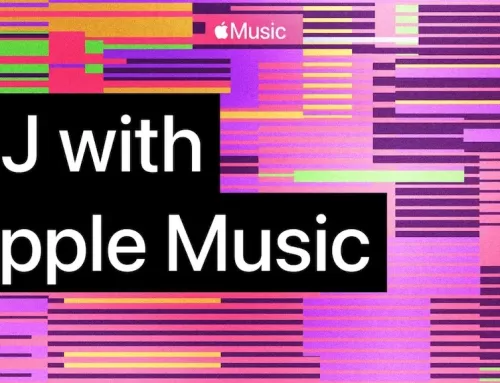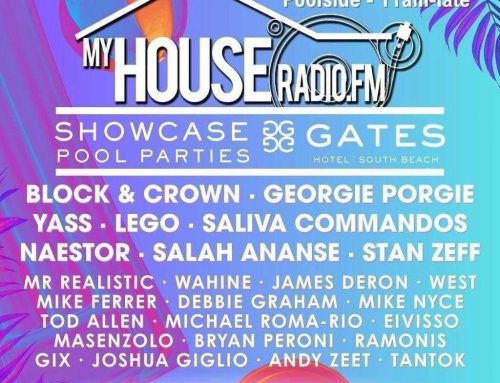
EMI Music Publishing owns or administers more than two million songs, ranging from contemporary artists like Drake to classics by Queen, Carole King, and the Motown catalog.CreditRichard Perry/The New York Times
By Ben Sisario
Seven years ago, Sony entered a complex deal with Abu Dhabi for control of the EMI Music Publishing catalog, a trove of more than two million songs that range from “Over the Rainbow” to hits from Beyoncé.
Now, Sony is buying out its partner in one of the biggest music deals in years.
Sony announced on Monday that it had signed a binding agreement to acquire the 60 percent stake of EMI owned by a consortium led by the Mubadala Investment Company, a sovereign wealth fund of the government of Abu Dhabi, for about $2.3 billion. The deal will give Sony about 90 percent of the equity in the EMI catalog, with the remainder owned by the estate of Michael Jackson.
Altogether, the deal values EMI at $4.75 billion — more than double its price in 2011, when Sony, Mubadala and a handful of other investors bought it for $2.2 billion. It is the latest and splashiest deal to reflect a music business that has been revitalized by streaming.
“I believe this acquisition will be a particularly significant milestone for our long-term growth,” Kenichiro Yoshida, the new chief executive of the Sony Corporation, said in a statement.
The deal will give Sony outright control of the world’s largest catalog of music publishing assets — the copyrights for the songwriting and composition that underlie any recording — and simplify what has been a complex ownership structure.
In 2011, when Sony entered its deal with Mubadala — which led an investment group that also included Jynwel Capital, Blackstone’s GSO Capital Partners, David Geffen and the Jackson estate — it was a minority investor. (EMI’s recorded music assets, which are separate, were bought by the Universal Music Group.)

But Sony administered the full catalog through Sony/ATV, a joint venture it created with Mr. Jackson in 1995. Along with the EMI catalog, the arrangement gave Sony effective control — but not outright ownership — of more than three million songs, among them the Motown collection and hits by Drake, Lady Gaga, Pink and Taylor Swift.
In 2016, Sony bought out the Jackson estate’s share of Sony/ATV — whose jewel is the Beatles song catalog — for $750 million, and now it will hold 90 percent of the EMI side as well.
As part of the deal announced Monday, Sony will assume EMI’s $1.359 billion in debt. The sale may be subject to regulatory review — particularly in Europe, where regulators required some concessions to the 2011 deal — and Sony did not say when it expected to close.
Sony’s deal comes a month after Spotify, the leading streaming service, had a successful direct listing on the New York Stock Exchange. It also follows months of aggressive deal activity — the success of streaming has attracted new investment, and longtime owners have seen an opportunity to cash out.
In January, the Bob Marley catalog changed hands for $50 million; in December, Songs, a young company with hits by Lorde and the Weeknd, was bought for about $160 million; and almost a year ago, Concord, a large independent, bought a catalog including Rodgers and Hammerstein’s musicals for nearly $600 million.
Last week, the board of Vivendi, the French media conglomerate, said it would consider listing shares for the Universal Music Group, the world’s largest music company. Some estimates of the potential market value for Universal, which Vivendi owns, have exceeded $20 billion.
By Ben Sisario




